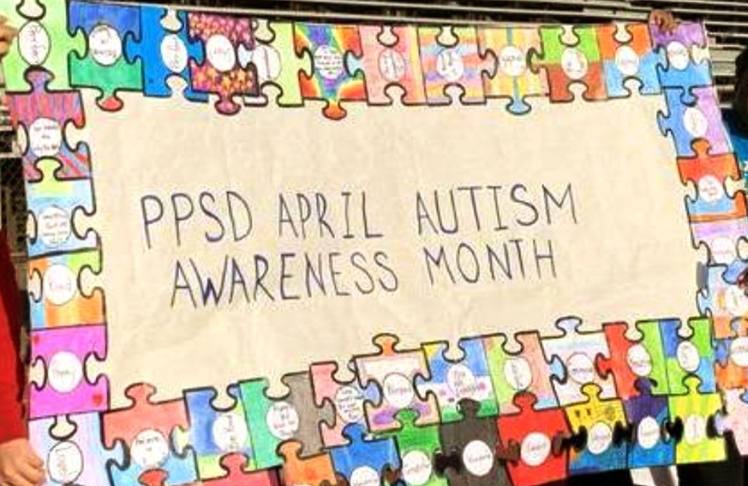
The Autism Society of Oregon used Autism Month to host its 21st annual Autism Walk at Oaks Park in Southeast Portland this past Sunday. It is the largest autism event in Oregon which brings out hundreds of families. According to the CDC, about one in 36 children in the US is diagnosed with an Autism Spectrum Disorder. More Blacks are getting diagnosed with autism.
More people are learning about autism. Autism is a developmental disability caused by differences in the brain. Symptoms include delays in language and learning, social and emotional withdrawal, and an unusual need for routine.
Information shows that in the past autism was most commonly diagnosed in white children. Those came predominantly from middle- or upper-income families with the means to go to autism specialists. The Centers for Disease Control and Prevention said recently that for the first time, autism is being diagnosed more frequently in Black and Hispanic children than in white kids in the U.S. Experts attributed the change to improved screening and autism services for all kids, and to increased awareness and advocacy for Black and Hispanic families.
Among all U.S. 8-year-olds, 1 in 36 had autism in 2020, the CDC estimated. That’s up from 1 in 44 two years earlier. But the rate rose faster for children of color than for white kids. The new estimates suggest that about 3% of Black, Hispanic and Asian or Pacific Islander children have an autism diagnosis, compared with about 2% of white kids.
The Autism Society of Oregon’ autism walk was created to bring autism awareness, acceptance and of course give autistic people and their supporters a day full of fun. The non-profit organization says it’s mission is about creating connections and empowering everyone in the autism community with the resources needed to live fully.
There were over 40 community booths throughout the park connecting families with resources for those on the autism spectrum. Just like the Children Healing Arts Project—known as CHAP. As recently as 2010, white kids were deemed 30% more likely to be diagnosed with autism than Black children and 50% more likely than Hispanic children.
Studies are beginning to look at whether Black and Hispanic children with autism are being helped as much as their white counterparts. A study published in January found that Black and Hispanic kids had less access to autism services than white children during the 2017-2018 academic year.















